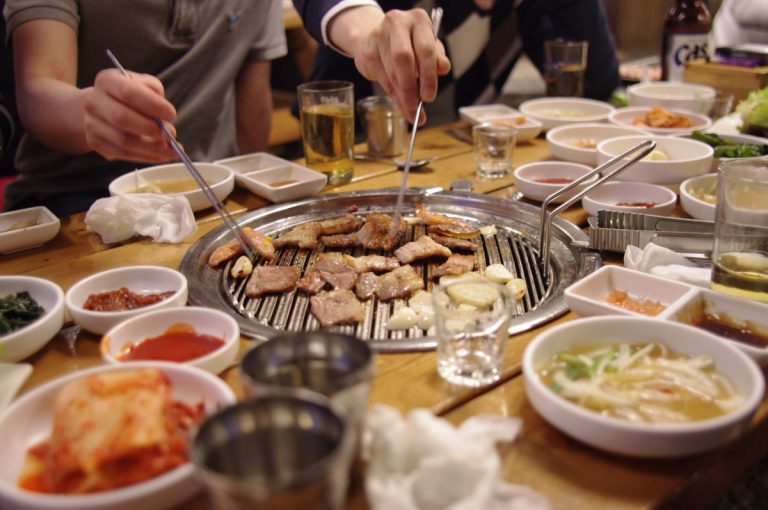On Dec.22, 2020 the National People’s Congress (NPC) of China brought forth a bill that will try to tackle food waste. Food wastage in China costs the country 18 million tons of food each year, which is enough to feed 30 to 50 million people — the equivalent of the populations of Australia and New Zealand combined.
The bill will mandate diners at public events such as weddings and banquets to eat less. The 32-page bill includes a demand that caterers use technology surveillance to monitor diners’ excessive consumption of food. Fines of $15,300 will be applied to any broadcaster deemed to promote overeating
China and food shortages
From 1958 to 1962, China experienced the “Great Leap Forward” under Mao Zedong, whose policies caused the “Great Famine” where tens of millions of Chinese citizens starved to death.
The new communist government issued errant policies that attempted to move the country from an agrarian-based economy to one that was industrialized. This caused a shortage of food and left the country without the ability to feed its citizens. In the 1950s, the Chinese regime started a program to issue coupons redeemable for food and other goods.
With industrialization, the country saw its economy start to boom and the use of coupons started to phase out in the 1980s, finally ending in 1993. The new wealth of the country led to changes in the food consumption of its citizens.
Recent events disrupt food supply
Success
You are now signed up for our newsletter
Success
Check your email to complete sign up
The 2019 spread of African Swine Fever among China’s pig farmers left 140 million, or 40 percent, of the swine population dead. The loss of pigs caused a huge spike in prices and the loss of pork on the tables of many Chinese. The crisis saw prices of pork inflate 135 percent in February of this year.
Besides disrupting the lives of people around the world, the CCP virus also put China’s food supply chain in jeopardy, as restaurants were shuttered and people were ordered to stay home for months at a time. The unfulfilled orders and delivery disruptions resulted in crops rotting in fields and farmers without the revenue needed to buy seeds and fertilizers.
Multiple floods during the 2020 growing season further exacerbated the problem, as the Yangtze River overflowed its banks, ruining crops and putting China’s food supply in jeopardy.
Regulations under Xi Jinping
Even before the events of 2020 put food security under pressure, China’s leader Xi Jinping started to scrutinize food wastage as a point of concern. In August 2013 the Clean Your Plate campaign was rolled out to tackle food consumption at the individual level. The campaign encouraged consumers to be more conscientious of overeating and wastage.

As a result of the campaign, Shanghai officials encouraged citizens to report on one another if they saw food wastage occurring. In Heilongjiang Province, it was reported that surveillance cameras were installed at a district government to monitor workers’ leftovers in a “food waste exposure system.” Any worker caught tossing leftover food three times would be shamed by playing their footage on TV screens in the canteens.
Food consumption and mukbang
The Clean Your Plate campaign targeted video influences of the mukbang genre that are known for binge eating. Mukbang, the Korean term used for people uploading videos of themselves eating large quantities of food in one sitting, has a popular online viewership.
The Clean Your Plate campaign has put an end to the videos in China and the newly proposed bill would apply the $15,300 fine to the content creators.
Follow us on Twitter or subscribe to our weekly email














